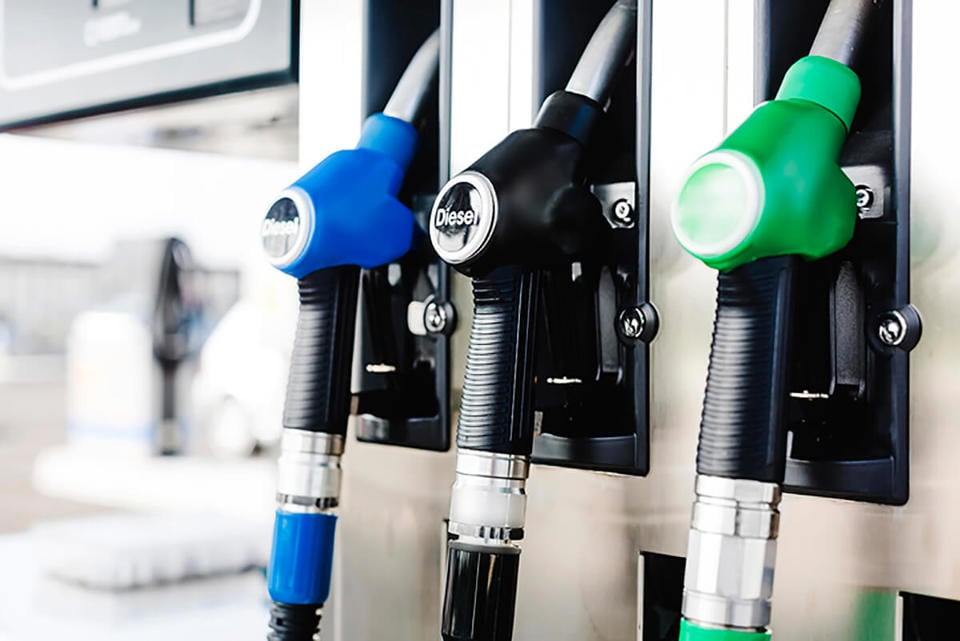Almost 85% of fleets expect to be spending significantly more money on fuel this year compared to 2010, according to a recent Fleet News web poll.
Given the relentless rise in fuel prices last year, that’s doesn’t come as a surprise.
Nor does the fact that 46% of fleets have already taken action to reduce their fuel costs while a further 49% are planning to implement a strategy during 2011.
In 2010, petrol prices jumped from 110p/litre to end the year at more than 121p/litre. Diesel rose from 111.8p/litre to almost 126p/litre.
This month, the 2.5% increase in VAT is added, as well as a planned fuel duty rise of 0.76p.
“Higher fuel prices are on their way,” warns Paul Jackson, managing director of fuel and mileage audit specialist TMC.
“It will be tough, but it won’t be the end of the world for fleets that recognise there’s no room for vagueness about fuel and mileage costs.”
A survey by telematics expert Trimble MRM found that 85% of fleet managers believe using fuel more economically is their biggest challenge and 60% believe the best way to reduce cost and under-performance is to reduce the number of unnecessary miles being driven.
“As fuel prices rise, understanding where fuel is being used the most or unnecessarily wasted is crucial for businesses,” says Andrew Yeoman, managing director of the company.
The key is to be able to track real time data and to act on the results.
“Businesses that do not capture and audit drivers’ mileage reports typically pay out 15-25% more than necessary in mileage expenses,” says Jackson.
Whether it’s implementing fuel cards, swapping to higher mpg vehicles, training drivers or simply persuading them to look for alternative transport options, fleet managers must take action if they want to cut fuel costs.
Travel hierarchy
Before your drivers even get into a car they should ask if the trip is really necessary.
A business travel hierarchy – a set of pointers that drivers need to address every time they think about a business trip – could be a good idea. It worked for the Environment Agency.
“It makes our drivers think about whether they need to travel,” says Dale Eynon, head of fleet operations.
“We have tried several methods to get our mileage down, but the travel hierarchy has had the biggest impact for us.”
The figures speak for themselves – a reduction of 11 million miles (31%) since 2005/6, equating to 3,000 fewer tonnes of CO2. And there is a target to reduce the mileage by a further 3.7m miles by 2015.
A robust travel hierarchy offers numerous options, enabling staff to travel in the least environmentally damaging way.
These include video, internet and audio-conferencing, meetings at easily accessible locations allowing travel by public transport and online train booking.
“The greenest mile travelled is a mile not travelled,” says Eynon. He advocates the benefits of BT’s MeetMe business conference call system.
“We tried video-conferencing, but found the technology a bit clunky and there was a noticeable delay.
"While the technology has moved on there is a greater cost involved. Telephone conferencing worked just as well and is cheaper.”
Video conferencing
It might not have been to the Environment Agency’s liking, but British Gas has invested in the latest video-conferencing technology.
All staff with laptops now have access to the video system and, although it is still in the trial period, British Gas is hopeful it will have a dramatic impact on business mileage.
An estimated 71% of fleets with five or more vehicles use a fuel card to control fuel bills. It seems straightforward, but there is slightly more to it.
“There is a misconception that fuel cards are just about reducing administration costs or giving employees free fuel,” says Jenny Powley, sales director for the card division at Arval.
“In reality, they are an essential tool for a company to control fuel costs from a total fleet level to individual vehicles or drivers.”
Powley believes an effective fuel reduction strategy – built on the intelligence gathered from a fuel card – could remove around 10% of cost from a fleet’s annual fuel bill.
Euro Car Parts has 850 Arval fuel cards across its fleet and uses the information provided by Arval to highlight the lowest-price sites in specific locations to help direct its drivers to the most economical fuel stations.
“We estimate we are achieving fuel savings when set against the national average of some 1p/litre,” says Natasha Sibal, head of strategic procurement for Euro Car Parts.
“Examined in the context of our total fuel consumption of 2.8m litres a year, it adds up to a substantial saving.”
Driver training
As fuel consumption and purchase often comes down to individual drivers it makes sense to ensure they are fully educated. There are plenty of driver training options, but not all will focus on fuel economy.
Run by the Energy Saving Trust, Smarter Driving claims to improve drivers’ fuel consumption by around 15%. The training takes place with a qualified instructor in just 50 minutes.
Each driver completes a given circuit twice, once before and once after training; mpg is measured for both circuits so that drivers can see for themselves how much they save.
Damian James, head of transport for Bracknell Forest Council, put 45 drivers through the course in March 2010. The lowest improvement was 6.8% while the highest was 66.6%.
“Our average was 19.7%, which is higher than the EST’s 15% average so we were really happy, especially as now is a good time for a public sector businesses to be saving money because in the long run it could mean saving jobs,” says James.
















Login to comment
Comments
No comments have been made yet.